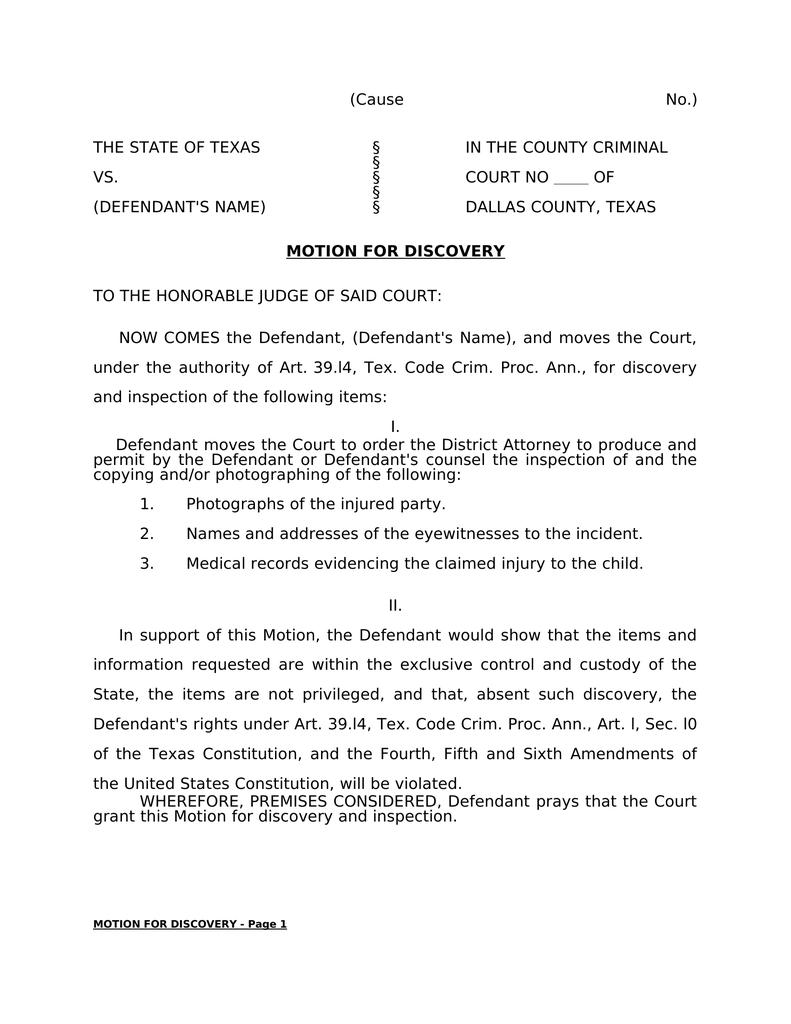
If the motion is denied, the court may issue any protective order authorized under Rule 26(c) and must, after giving an opportunity to be heard, require the movant, the attorney filing the motion, or both to pay the party or deponent who opposed the motion its reasonable expenses incurred in opposing the motion, including attorney's fees. (iii) other circumstances make an award of expenses unjust. (ii) the opposing party's nondisclosure, response, or objection was substantially justified or (i) the movant filed the motion before attempting in good faith to obtain the disclosure or discovery without court action But the court must not order this payment if: If the motion is granted-or if the disclosure or requested discovery is provided after the motion was filed-the court must, after giving an opportunity to be heard, require the party or deponent whose conduct necessitated the motion, the party or attorney advising that conduct, or both to pay the movant's reasonable expenses incurred in making the motion, including attorney's fees. (A) If the Motion Is Granted (or Disclosure or Discovery Is Provided After Filing). (5) Payment of Expenses Protective Orders. For purposes of this subdivision (a), an evasive or incomplete disclosure, answer, or response must be treated as a failure to disclose, answer, or respond. (4) Evasive or Incomplete Disclosure, Answer, or Response. When taking an oral deposition, the party asking a question may complete or adjourn the examination before moving for an order. (iv) a party fails to produce documents or fails to respond that inspection will be permitted-or fails to permit inspection-as requested under Rule 34. (iii) a party fails to answer an interrogatory submitted under Rule 33 or (ii) a corporation or other entity fails to make a designation under Rule 30(b)(6) or 31(a)(4)

(i) a deponent fails to answer a question asked under Rule 30 or 31

A party seeking discovery may move for an order compelling an answer, designation, production, or inspection. If a party fails to make a disclosure required by Rule 26(a), any other party may move to compel disclosure and for appropriate sanctions. A motion for an order to a nonparty must be made in the court where the discovery is or will be taken. A motion for an order to a party must be made in the court where the action is pending. The motion must include a certification that the movant has in good faith conferred or attempted to confer with the person or party failing to make disclosure or discovery in an effort to obtain it without court action. On notice to other parties and all affected persons, a party may move for an order compelling disclosure or discovery. (a) Motion for an Order Compelling Disclosure or Discovery.


 0 kommentar(er)
0 kommentar(er)
